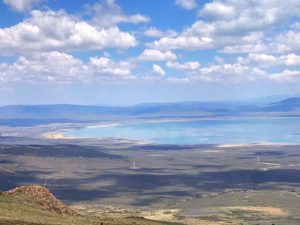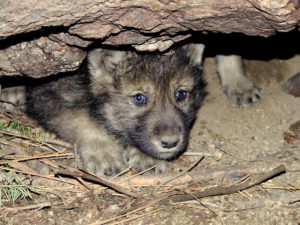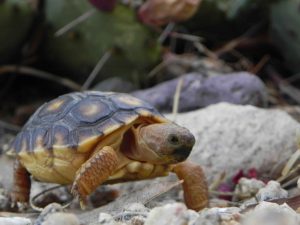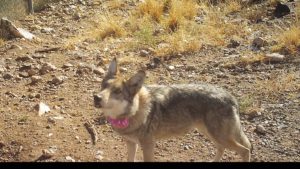For Immediate Release
September 6, 2017
Contact:
Mike Garrity, Alliance for the Wild Rockies, (406) 459-5936
Erik Molvar, Western Watersheds Project, (307) 399-7910
Rocky Mountain Groups File Lawsuit to Halt Yellowstone Grizzly De-Listing
MISSOULA, Mont. – Three Rocky Mountain conservation groups – Alliance for the Wild Rockies, Western Watersheds Project, and Native Ecosystems Council – today filed suit to return the protections of the Endangered Species Act to grizzly bears in the Yellowstone ecosystem, citing increasingly scarce food sources, escalating human-bear conflicts, and the isolation of the population as compelling reasons for continuing to protect the bears.
“Whitebark pine nuts, cutthroat trout, native herbivores, and moth concentrations are the four important legs of the stool as far as grizzly bear food sources go,” said Dr. Sara Johnson, a wildlife biologist with Native Ecosystems Council. “The whitebark pines are disappearing thanks to beetles and climate change, and non-native trout have decimated the cutthroats. Now grizzlies must forage widely to find the food they need to survive, and that sometimes brings them into conflict with people.”
The de-listing of grizzlies opens the door for states to initiate trophy hunting seasons for grizzly bears, a new and additive source of bear mortality. The livestock industry poses an even bigger threat to the bears’ continued survival, because 45 grizzlies were killed between 2012 and 2014 for preying on domestic livestock on public lands or wandering down onto private ranches, and far more were relocated from their home territories.
“The large numbers of grizzly bears killed at the request of ranchers because they occasionally take advantage of a readily-available source of easy prey – sheep and cattle – represents the most important grizzly-human conflict,” said Erik Molvar of Western Watersheds Project. “In the absence of federal agencies requiring bear-proof (or at least bear-resistant) livestock grazing practices in the wild backcountry of the Yellowstone ecosystem, we are concerned that state agencies will now kill or re-locate much larger numbers of grizzlies. It’s not a bear problem, it’s a livestock grazing problem, but it’s the grizzly bears that suffer.”
Translocation of conflict grizzlies often results in their death. One 1994 study in northwestern Montana found that 38% of grizzlies died within two years of translocation.
“In the western Great Lakes wolf case, the D.C. Circuit Court of Appeals ruled it illegal to de-list wolves in the upper Midwest only, without taking a comprehensive look at listing status for the rest of the species or the impact of extirpations across the historic range of the wolf on the survival of remaining populations,” said Mike Garrity, Executive Director of Alliance for the Wild Rockies. “The U.S. Fish and Wildlife Service made the exact same mistake in de-listing the grizzly in Yellowstone in isolation without considering other grizzly populations. They also removed federal protections before recovery targets were met in other parts of grizzly country, including establishing key linkages needed to connect Yellowstone grizzly population to the other significant bear population in northern Montana.”
The groups involved in this suit have a history of successful court battles to protect grizzly bears. One of the plaintiffs, Alliance for the Wild Rockies, won a court battle to protect a dwindling population grizzlies in the Cabinet Mountains of northwestern Montana in August of 2017. In 2016, Western Watersheds Project won its case halting agency grizzly killings in Grand Teton National Park in connection with a fall elk hunt.
“The grizzlies of Yellowstone need to establish secure, natural connections with other grizzly populations to ensure they are sufficiently robust to survive over the long term,” said Molvar. “It’s too soon to turn their fate over to trigger-happy state agencies.”
A copy of the complaint can be found here.
###






